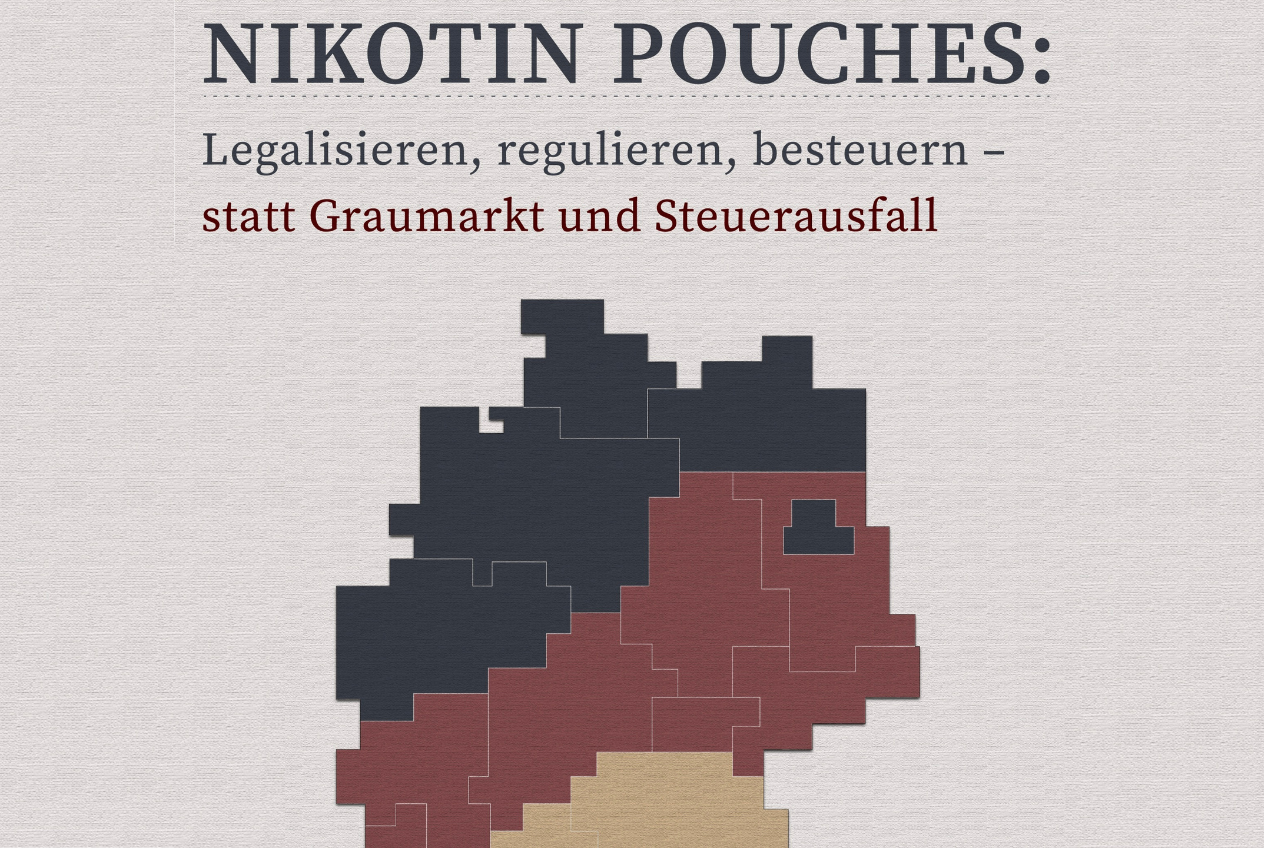KUALA LUMPUR, 31st January 2024 – The Consumer Choice Center expresses its deep concern regarding the recent policy implemented by the Negeri Sembilan State Government, which restricts foreign workers from residing in residential may inadvertently lead to isolation and hinder social cohesion within communities, which goes against the principles of inclusivity and diversity that make our societies vibrant and dynamic.
Representative of the Malaysian Consumer Choice Center, Tarmizi Anuwar stated, “Banning foreign workers from residential areas may lead to isolation and hinder social cohesion within communities. Diversity is a key component of vibrant and thriving societies, contributing to a rich tapestry of cultures, perspectives, and experiences. Exclusionary policies can create divisions, fostering a sense of “us versus them” that may result in social tensions.”
Furthermore, this policy could result in increased expenditures for migrant workers, as living in commercial zones tends to be more expensive. This financial burden may disproportionately affect the well-being of foreign workers and their ability to contribute positively to the local economy.
“The restriction of foreign workers to commercial zones may increase their living expenses, creating an additional financial strain that could negatively impact their overall quality of life.”
Additionally, such policies may have economic repercussions especially to the local businesses. Migrant workers contribute to local economies through their consumption patterns. Restricting their access to residential areas may limit their participation in local businesses, affecting the economic dynamics of the area.
“Restricting foreign workers from residential areas not only jeopardizes social cohesion but also poses significant economic risks. Migrant workers play a vital role in local economies, contributing through their consumption patterns. By limiting their access to communities, we risk hindering their participation in local businesses, thereby impacting the economic dynamics of the area. Embracing diversity and inclusivity not only fosters social harmony but also bolsters economic prosperity for all.”
Instead of outright bans, the focus should be on promoting diverse housing options, taking inspiration from successful models such as those implemented in Singapore. By encouraging mixed-use developments, we can create vibrant neighborhoods that accommodate the needs of both residents and foreign workers.
“Emulating successful housing models like Singapore’s, which promote inclusivity and diversity, can lead to the development of vibrant communities where everyone has a place to call home.” he concluded.




